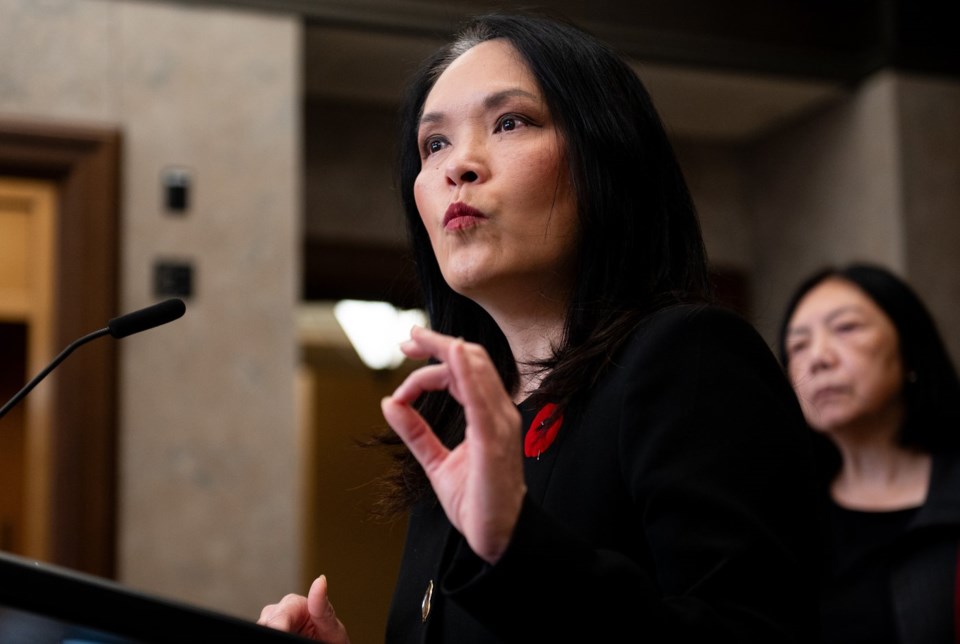OTTAWA — A parliamentary committee is calling on the government to change how it handles permits for temporary workers after a UN report said the system creates "a breeding ground for contemporary forms of slavery."
The citizenship and immigration committee released a report on Wednesday calling on Ottawa to work with the provinces to establish permits that allow temporary workers to find work in a specific region or sector.
Right now, most temporary workers have closed permits that tie them to a single employer.
The committee's report found that system creates conditions that can lead to exploitation and abuse.
NDP MPs Jenny Kwan and Matthew Green say the government needs to take this a step further by allowing all temporary workers access to open work permits in an effort to prevent abuse.
"The reality is, if you're tied to one specific employer, you are really at their behest to do what they demand of you," Kwan said.
"No matter what the abuse is, no matter if you're faced with wage theft, with harassment, with violence, for women, with sexual harassment — you just have to live with it."
She said the least the federal government can do to curb abuse in the temporary worker system is end the closed work permit system.
The committee also recommended increasing the number of unexpected, on-site workplace inspections and developing a plan to provide more permanent residency pathways to low-wage and agricultural workers.
More than half of workplace inspections take place virtually, according to the report.
These inspections uncovered a 36 per cent increase in non-compliant employers in the last fiscal year, resulting in more than $2 million in fines. The vast majority of employers were found to be in compliance with program rules.
Elizabeth Kwan, a senior researcher with the Canadian Labour Congress and no relation to MP Kwan, testified during the committee's hearings. She said its recommendations "tinker at the edges" of problems like worker abuse.
"The system discourages employers from improving job quality like wages and working conditions and investing in technology. What it does is that it allows the continued reliance on underpaid and vulnerable workers," she said.
The government is making changes to the temporary worker program, most recently focused on making it harder for employers to get applications approved to hire temporary workers.
Those changes take effect Friday, raising the minimum for high-wage applications to 20 per cent above a province or territory's hourly wage.
In an emailed response, Immigration Minister Marc Miller's press secretary Renée Proctor said the government will provide a response to the report within the requested 120-day period.
"On work permits for temporary foreign workers, our government is looking into new sectoral permits to improve the system and to make it work better for temporary foreign workers and employers," she wrote.
This report by The Canadian Press was first published Nov. 7, 2024
David Baxter, The Canadian Press




